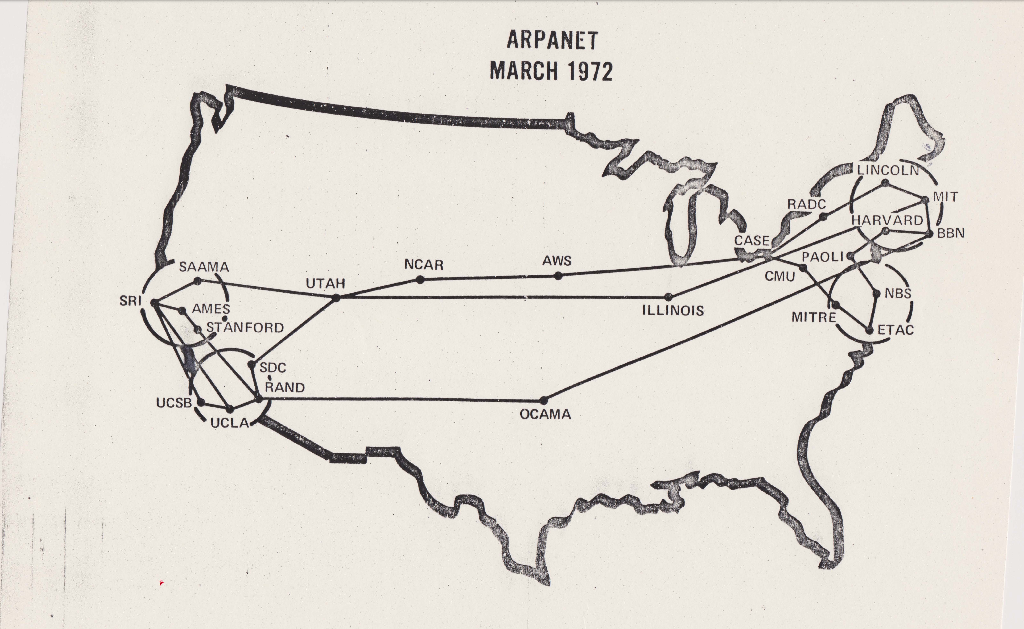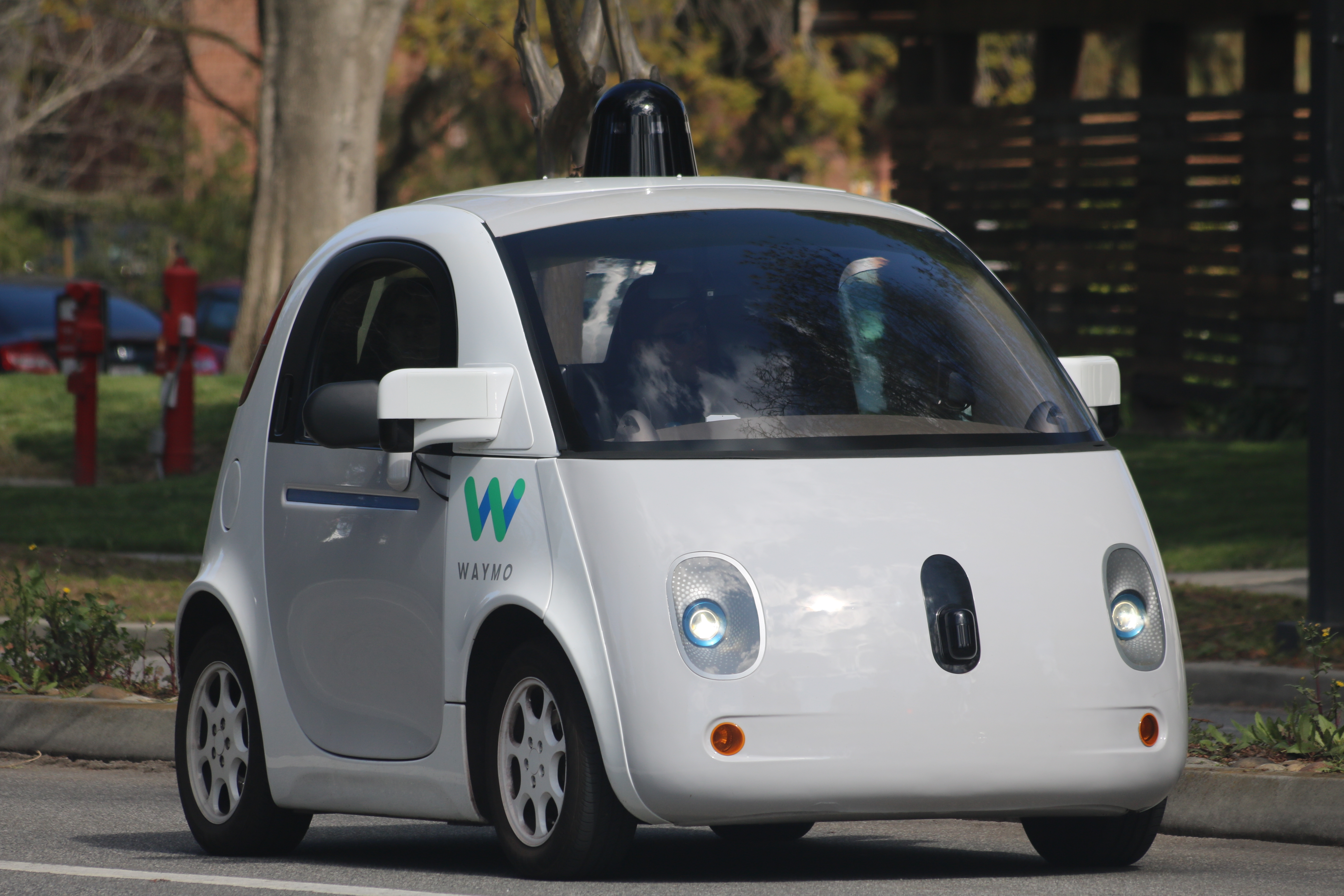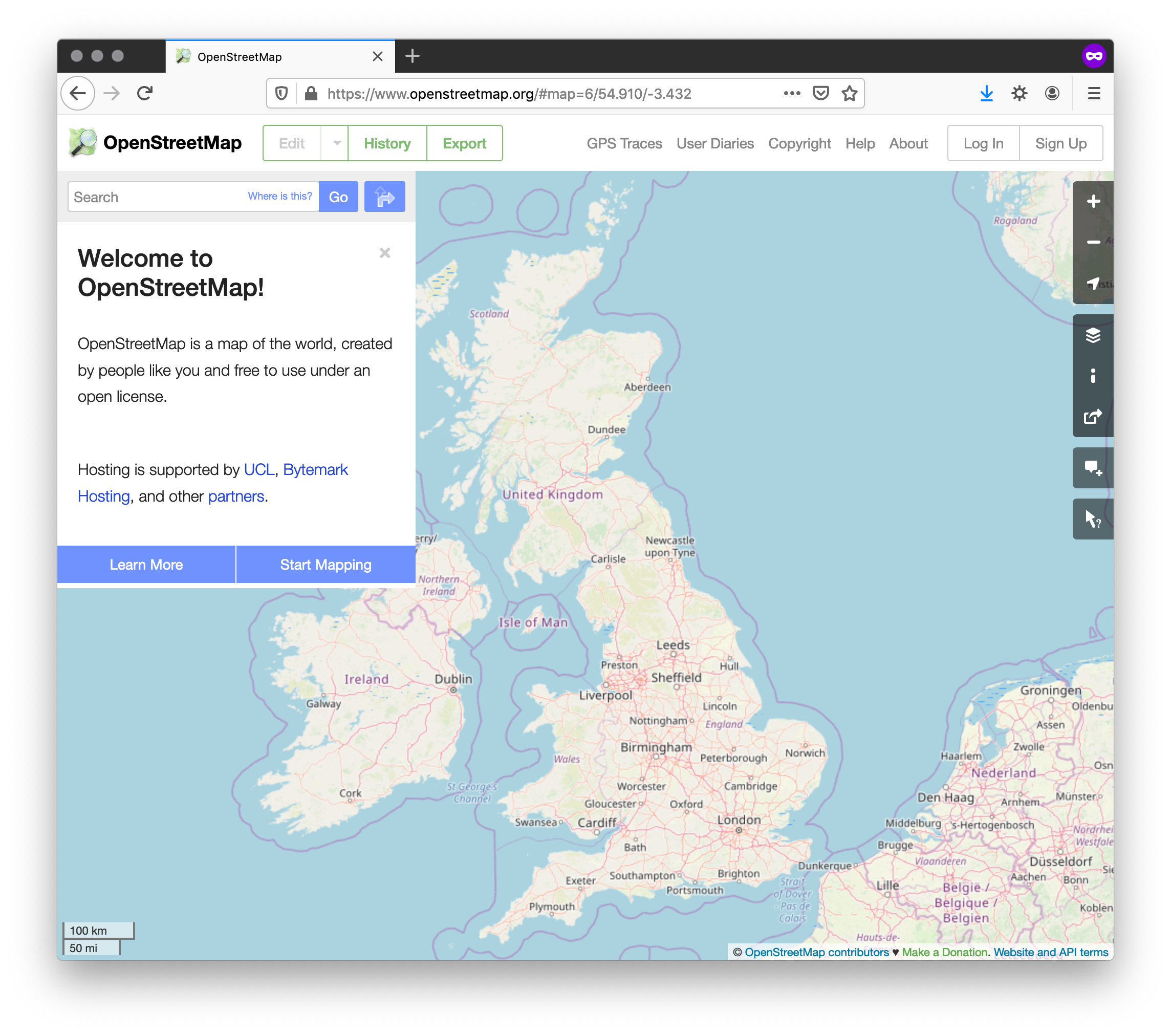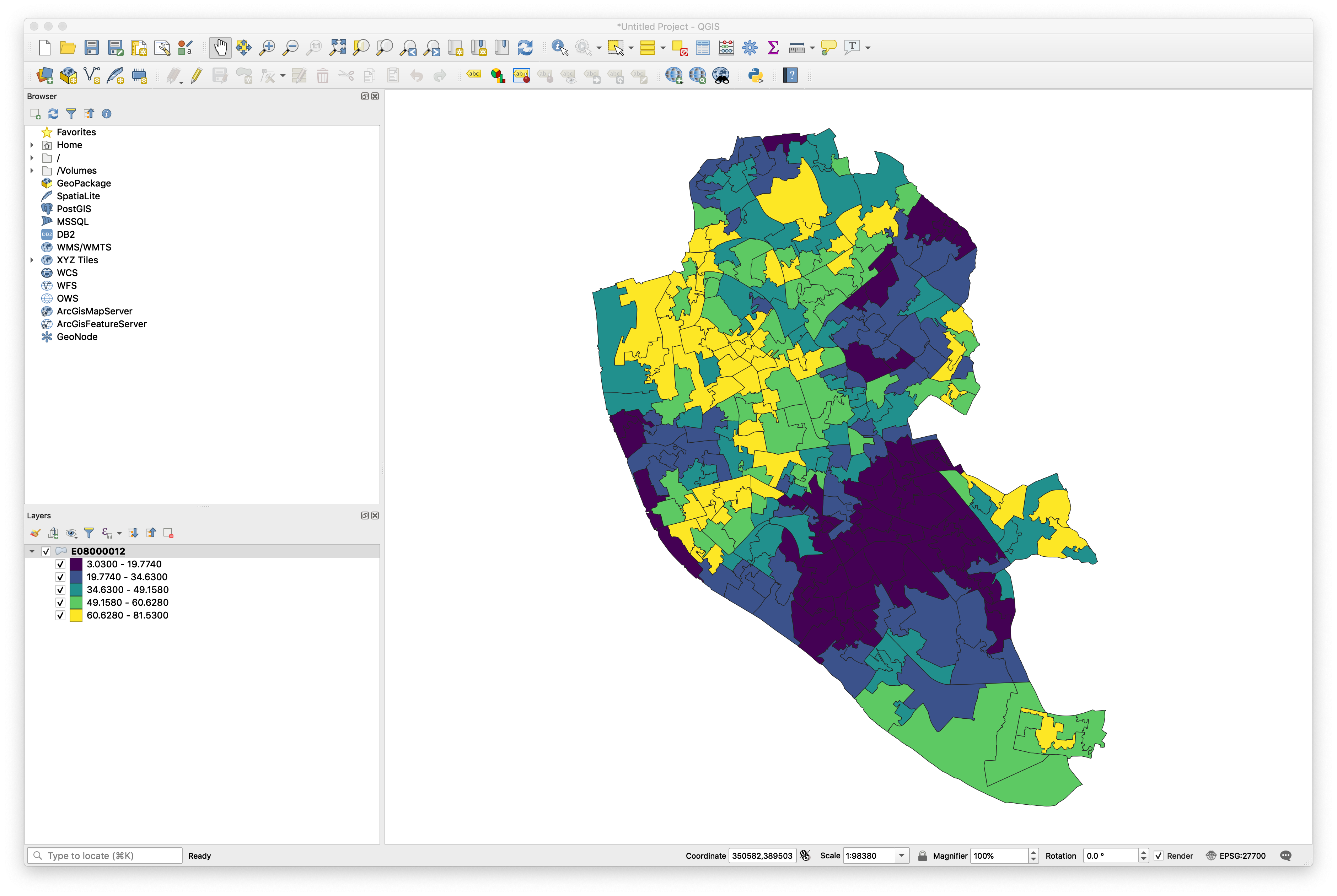Web Mapping & Analysis
The Web’s Architecture and Economy
Dani Arribas-Bel
Today
- A (brief an opinionated) history of the Web
- The server/client model
- The modern web mapping eco-system
A (brief and opinionated) history of Web trends
Pre 70s
The seeds:
- US (e.g. Licklider’s “Galactic Network”)
- Mostly military contracts (e.g. D/ARPA –> ARPANET) and “research’y”
- Develop protocols for machine communication
70s - Birth of the internet

80s
- Growth of the “web”
- From experimental validation to scaled up insfrastructure
- Free software (e.g. “Free as in Freedom”)
90s
- Civilian and commercial growth
- Web 1.0
- Open Source software (e.g. “The cathedral and the Bazaar”)
00s
- Web 2.0
- Mobile
- Web mapping takes off (hello Google Maps!)
+10s
- Consolidation of GAFA –> concentration
- IoT
- Death of the desktop?
Ideas to retain
- The Web is technology to build decentralised systems
- Economics (for the most part) have turned it into a concentrated economy
- Computing today is physically distributed but socio-economically concentrated
The server/client model
The server/client model
Benefits
- Interoperability of disparate platforms
- Optimise on hard/software for each task (“distribute”)
- Separate data collection (e.g. sensor), storage (e.g. data centre), intensive computing (e.g. compute cluster), interaction (e.g. mobile)
“Disadvantages”
- Requires (cheap & ubiquitous) connectivity
- More complex than an isolated approach (e.g. desktop)
- Harder to “keep afloat”
An example…

Another example…

Contrast it with…

The modern (web) mapping eco-system
Building blocks of a web map
|
|
|

|
|
|
|
|
|
|
|
The current web mapping landscape
Software: a lot of open-source projectsPlatforms: a concentrated few (web infrastructure is hard and expensive!)Business model: software as a service
The current web mapping landscape
Trade-off
convenience + agility
Vs flexibility + ownership
This course: mostly rely on commercial platforms to focus on design and cartographic rather than engineering concepts

Web Mapping & Analysis by Dani Arribas-Bel is licensed under a Creative Commons Attribution-ShareAlike 4.0 International License.